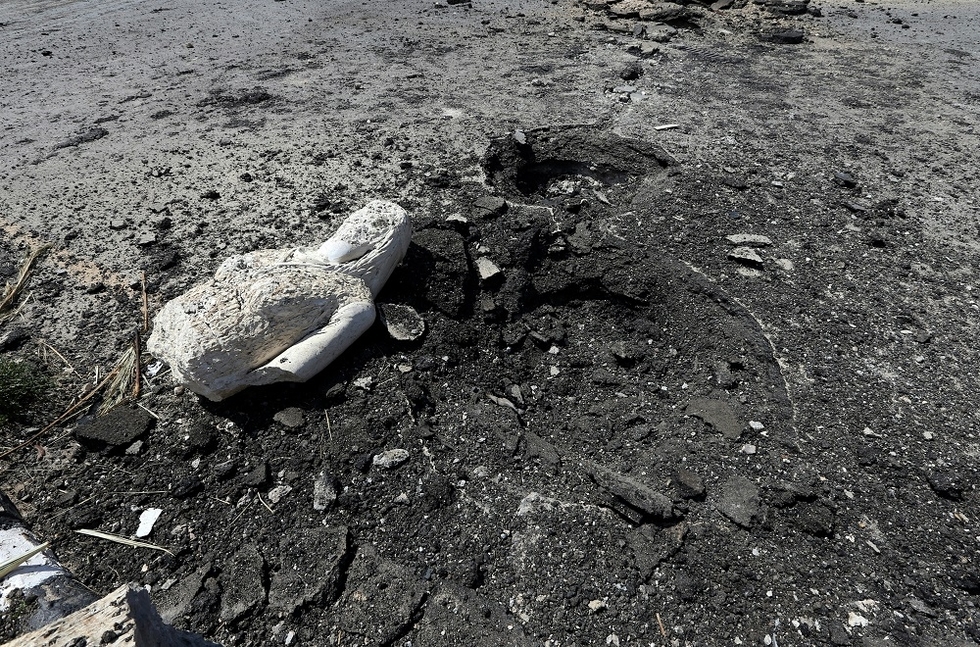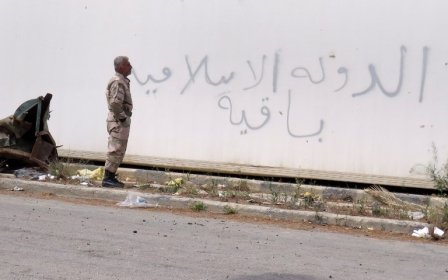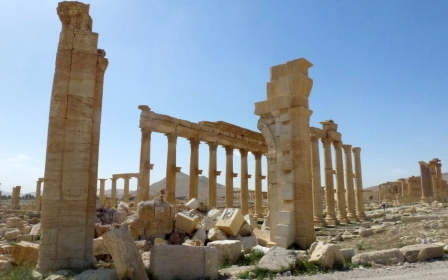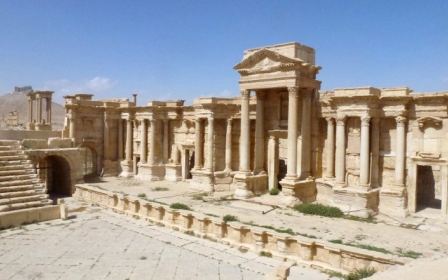IS netting up to $200m a year from illegal antiquities sales: Russia

The Islamic State group is selling up to $200m worth of antiques on the black market a year, Russia’s UN envoy has claimed.
According to Ambassador Vitaly Churkin, the militants have been busy illicitly selling between $150m to $200m of ancient artefacts plundered in Syria and Iraq.
“Around 100,000 cultural objects of global importance, including 4,500 archaeological sites, nine of which are included in the World Heritage List of … UNESCO, are under the control of [IS]… in Syria and Iraq,” Churkin wrote in a letter to the UN Security Council on Wednesday.
Churkin alleged that the vast majority of the goods were smuggled north to the Turkish town of Gaziantep where they were then sold at illicit auctions from where they made their way to local markets and a network of antique shops. He also said that goods like jewellery and antique coins were being sold on internet sites like eBay and also on social media.
EBay was quick to deny the charges, saying that they were not aware of any “direct evidence” about such activities, although they pledged to look into the claims.
IS has previously been linked to the illicit sale of antiquities, with reports in 2015 indicating that artefacts worth up to $1m each were being smuggled to Turkey and Lebanon from where they were shipped to wealthy collectors in Europe and the Gulf.
However, Russian-Turkish relations have been fraught since Turkey shot down a Russian jet late last year with Moscow imposing a string of sanctions on Ankara.
Turkish authorities have as yet to comment on the alleged black market operations, but security forces have in recent months clamped down hard on IS activity, rounding up suspects and tightening up the border after IS were able to carry out attacks in Istanbul and Ankara.
Middle East Eye propose une couverture et une analyse indépendantes et incomparables du Moyen-Orient, de l’Afrique du Nord et d’autres régions du monde. Pour en savoir plus sur la reprise de ce contenu et les frais qui s’appliquent, veuillez remplir ce formulaire [en anglais]. Pour en savoir plus sur MEE, cliquez ici [en anglais].




